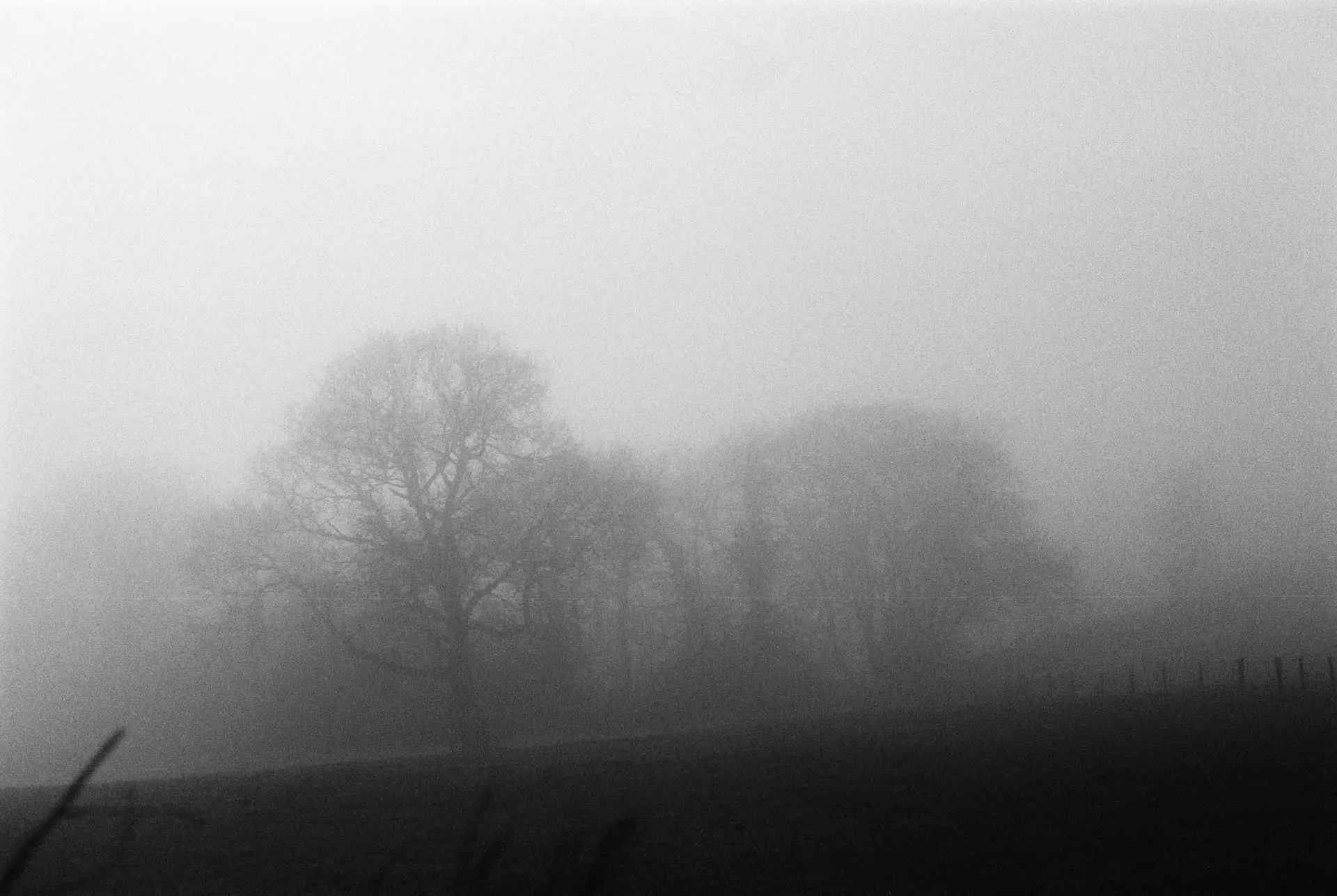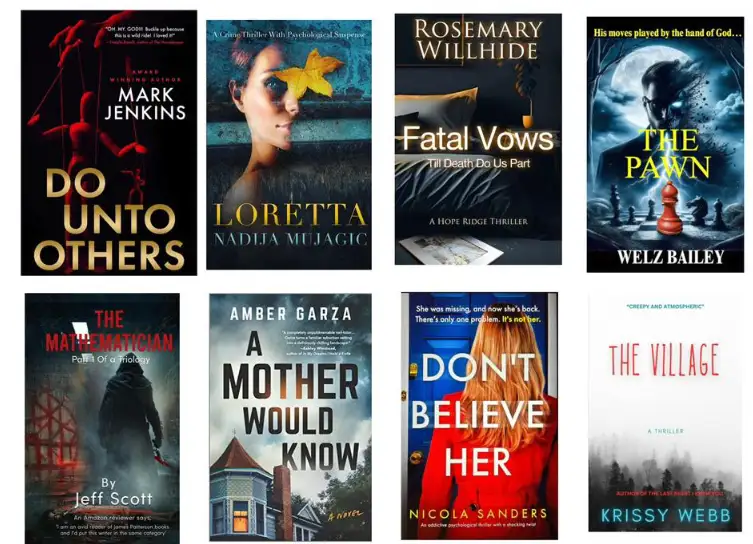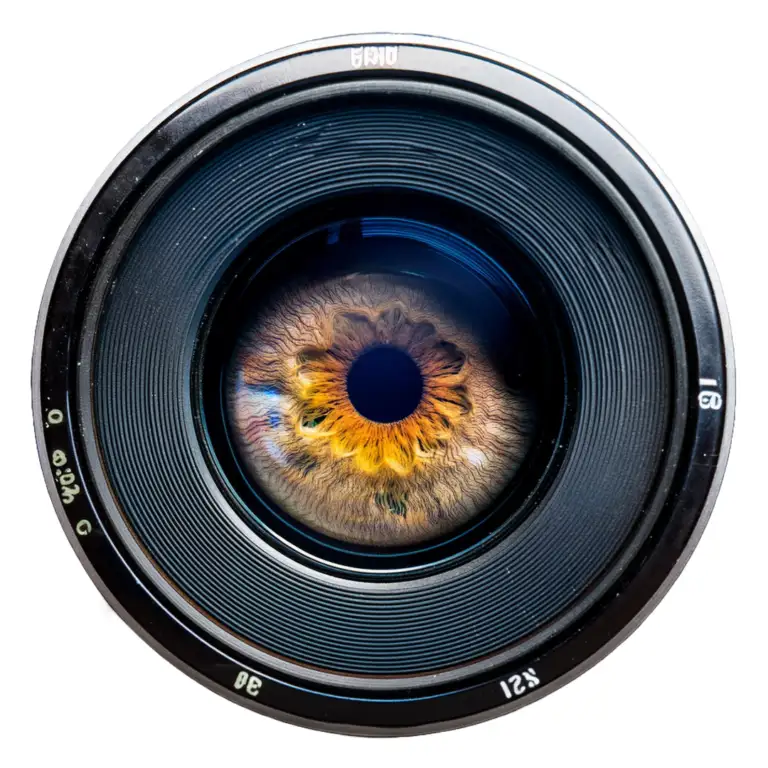There’s a particular kind of chill that runs down your (and my) spine—not from a jump scare or a gory scene, but from a moment when everything you thought you knew shifts. You turn a page, and suddenly the story reconfigures itself. That character you trusted? Not who they seemed. That moment you glossed over? A carefully placed clue. That ending? It doesn’t just surprise you—it makes you question everything.
That’s the addictive thrill of psychological twists.
As readers, we don’t just want to watch a story unfold. We want to feel it unravel. Slowly, deliciously, terrifyingly. Psychological thrillers feed a craving we don’t always admit we have: the desire to peek into the darker corners of the human mind. The messy ones. The obsessive, the unhinged, the secrets that refuse to stay buried.
These stories don’t scream. They whisper.
They pull you into the mind of a stalker, a manipulator, or a deeply unreliable narrator—and they dare you to figure out what’s real. They make you complicit in the tension. You start double-reading every sentence. You second-guess your instincts. And when the twist hits, part of you feels betrayed… but another part is grinning.
Because that’s why you picked up the book in the first place.
Psychological thrillers aren’t about what happens—they’re about why it happens, and what it means. The real horror isn’t a masked villain in the woods. It’s finding out the person you’ve trusted most is the one who’s been gaslighting you the entire time. It’s realizing the protagonist is the villain. Or maybe… you are.
And isn’t that why we keep reading? For the puzzle pieces. For the slow, creeping dread. For the intoxicating high of a perfectly executed twist that makes you shout, “Wait—what?!” and then flip back through the pages to see what you missed.
These stories burrow deep. They mess with our heads long after we’ve closed the book.
And, if you’re like me, that’s exactly why you love them.





